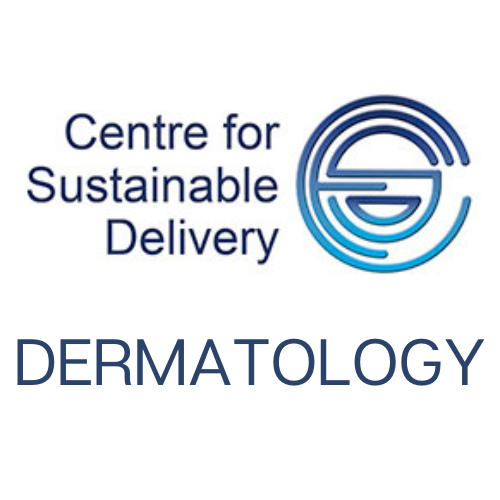Atopic eczema may present as cradle cap in babies, before spreading to face, skin creases and extensor limb surfaces then flexural sites . Rapid and early control is beneficial to long term outlook. May improve with advancing age.



Eczema Herpeticum
consider if any acute vesicular and painful flare.
Topical Steroids:
- Prescribe a mild (face) and moderate (body) steroid in ointment form.
- Consider potent topical steroid to body in over 2’s
- Advise on fingertip units .
- Simultaneous application of emollients and topical steroid may reduce potency of steroid , advise a delay before steroid
- Reduce topical steroid to twice weekly maintenance when improved.
Emollients:
Consider Prescribing an ointment to use in the evening (if steroid used, apply after a suitable interval ) and a cream to use in the morning. Ointments may cause less ‘stinging’ in inflamed skin. Discuss with patient/parent which he/she prefers and will use regularly.
Prescribe adequate quantities of emollients for daily use
Soap substitutes and bath emollients:
Soaps, shower gels and bubble baths are very irritant and should ALWAYS be avoided.
Prescribe a bath additive or shower emollient instead which can also be used to wash hair.
Eczema Herpeticum
- Stop topical steroids/tacrolimus and urgent referral
- Urgent viral PCR swab if available.
- consider if any acute vesicular and painful flare.
